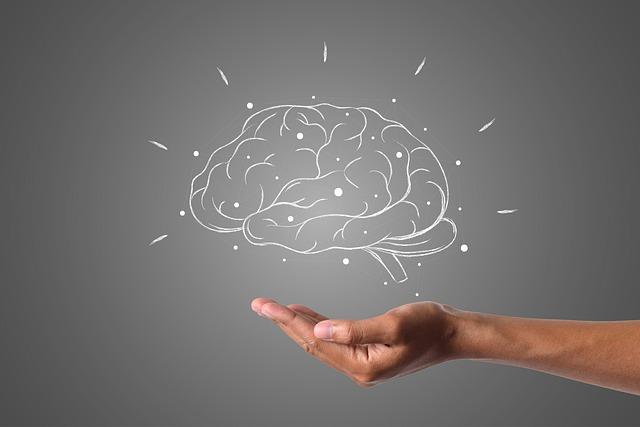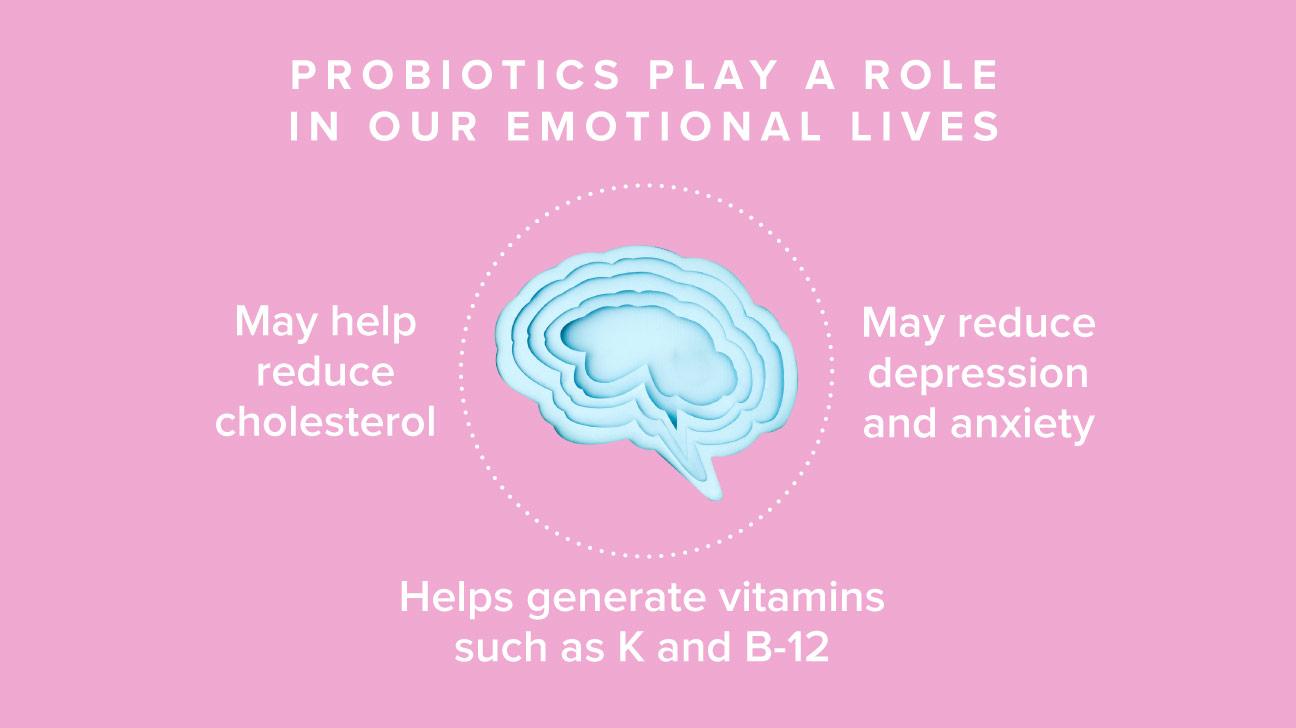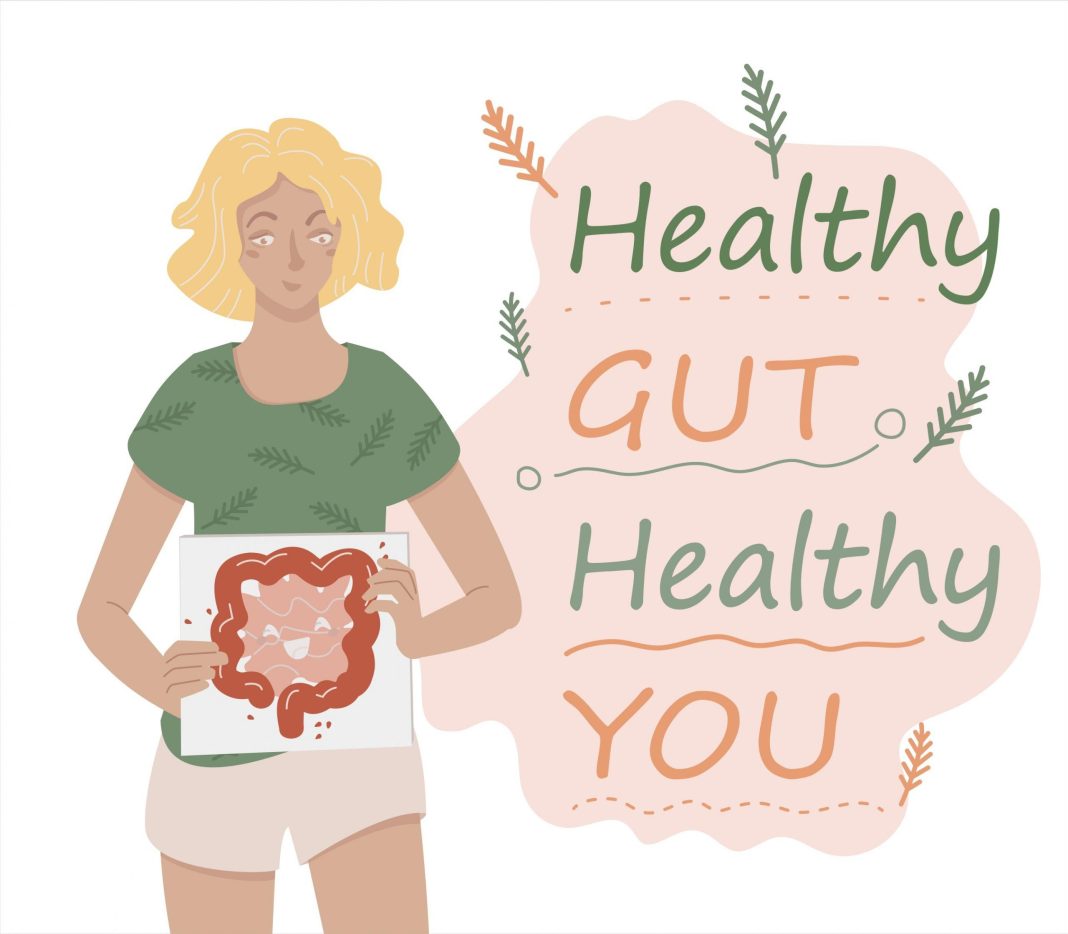In the intricate tapestry of human health, there exists a dynamic duo often overlooked: the gut and the mind. Picture a bustling city where two seemingly distant neighborhoods influence each other in surprising ways. Recent scientific explorations have illuminated a fascinating dialogue between our digestive system and mental well-being, revealing that the gut is not merely a food-processing machine but a vibrant hub of communication with the brain. This connection, sometimes referred to as the “gut-brain axis,” suggests that our mental health is inextricably linked to the state of our gut. As we delve into the depths of this relationship, we uncover how nurturing our gut can lead to a healthier mind, and vice versa, reshaping our understanding of holistic health. Join us on a journey through the microbiome‘s mysteries and the profound impact it holds over our mental landscape.
Understanding the Gut-Brain Axis: A Two-Way Communication Pathway
The gut-brain axis represents a fascinating and complex system of bidirectional communication between the gastrointestinal tract and the central nervous system. This dynamic relationship highlights how intricately our gut health is linked to our mental well-being. The dialogue between these two vital systems is mediated through a variety of pathways, including:
- Neural: The vagus nerve acts as a direct line of communication, transmitting signals between the gut and the brain.
- Endocrine: Hormones and neuropeptides travel through the bloodstream, influencing mood and cognitive function.
- Immune: Cytokines and other immune factors can affect brain function and behavior, linking immune response to emotional health.
- Microbial: The gut microbiota plays a crucial role, producing neurotransmitters and other metabolites that impact brain health.
Understanding these pathways underscores the importance of maintaining a healthy gut for overall mental health. A balanced diet rich in fiber, probiotics, and prebiotics can support a thriving microbiome, potentially alleviating symptoms of anxiety and depression. As research in this field progresses, it opens new avenues for holistic approaches to mental wellness.
Microbiome Mysteries: How Gut Bacteria Influence Mood and Behavior
The universe within us, teeming with trillions of microorganisms, plays a crucial role in shaping our emotional landscape. The gut-brain axis, a complex communication network, reveals how the state of our intestines might just be the secret architect behind our feelings and actions. Studies suggest that certain strains of gut bacteria are adept at producing neurotransmitters like serotonin and dopamine, often dubbed the “happy chemicals,” which directly impact our mood.
Imagine a world where a simple dietary change could alter your emotional well-being. Here are some intriguing ways gut health influences mental health:
- Stress Response: A healthy microbiome can mitigate stress by influencing cortisol levels.
- Anxiety and Depression: Certain probiotics have been linked to reducing symptoms of anxiety and depression.
- Cognitive Function: Gut bacteria can enhance cognitive abilities, potentially affecting memory and concentration.
In essence, nurturing your gut might be the key to unlocking a more balanced and harmonious mental state, reminding us that sometimes, the answers lie within.

Nutritional Strategies for a Happier Gut and Mind
The intricate relationship between our digestive system and mental well-being is increasingly gaining attention in the world of health and wellness. To foster a thriving gut-brain axis, it’s essential to adopt nutritional strategies that nourish both realms. Incorporating prebiotic and probiotic-rich foods into your diet can be a game-changer. Prebiotics, found in foods like garlic, onions, and bananas, serve as fuel for beneficial gut bacteria. Probiotics, on the other hand, are live bacteria that support a healthy gut microbiome and can be sourced from fermented foods such as yogurt, sauerkraut, and kimchi.
A balanced diet also plays a pivotal role in supporting gut and mental health. Consider the following dietary tips to maintain this balance:
- Increase fiber intake by consuming whole grains, fruits, and vegetables, which aid in digestion and help maintain stable blood sugar levels.
- Stay hydrated to ensure the smooth functioning of the digestive system and promote mental clarity.
- Limit processed foods and sugars, as they can disrupt gut flora and contribute to mood swings.
By mindfully selecting what we eat, we can pave the way for a healthier gut and a more balanced state of mind, ensuring both systems work harmoniously together.

Probiotics and Prebiotics: Allies in Balancing Mental Health
In the intricate dance of our body’s systems, the gut often takes center stage as an unexpected maestro in mental wellness. Within this symphony, probiotics and prebiotics play pivotal roles, harmonizing the microbiome and influencing brain function. These microscopic allies support a balanced gut environment, fostering the production of neurotransmitters like serotonin and dopamine, which are crucial for mood regulation. Their contributions extend beyond digestion, suggesting a profound impact on mental clarity and emotional resilience.
Consider incorporating these beneficial elements into your diet to harness their potential mental health benefits:
- Probiotic-rich foods: Yogurt, kefir, sauerkraut, and kimchi are all excellent choices.
- Prebiotic foods: Include garlic, onions, bananas, and asparagus to feed your beneficial gut bacteria.
- Supplementation: If dietary sources are insufficient, supplements can offer a concentrated boost.
By nurturing your gut with these powerful components, you may find a subtle yet profound shift in your mental landscape, underscoring the deep connection between our digestive and psychological health.








